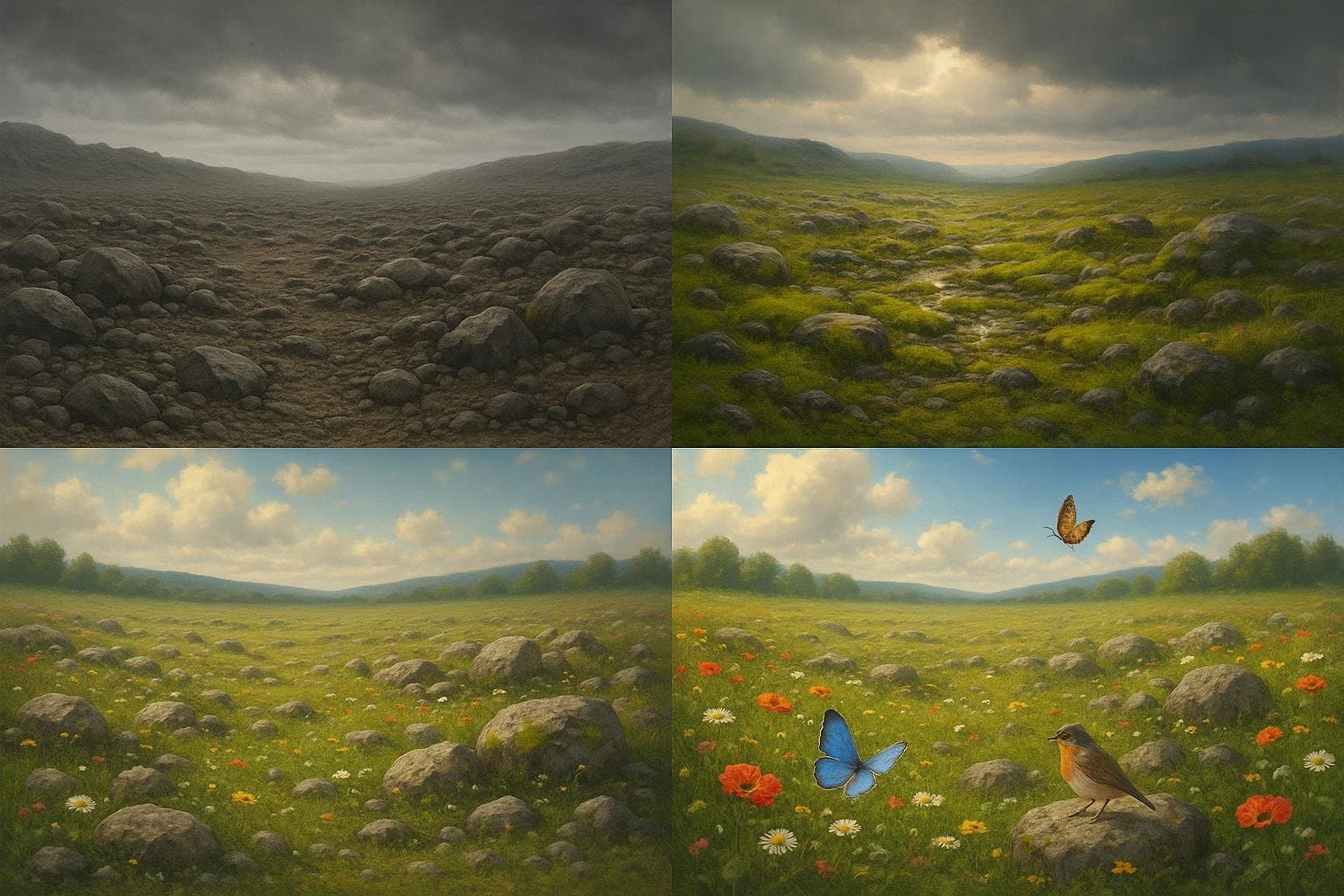The Subtle Joys of Unfulfilled Desire

To be without some of the things you want is an indispensable part of happiness. — Bertrand Russell
The Nature of Desire and Contentment
Bertrand Russell’s insight invites us to reconsider the traditional equation of happiness with abundance. Rather than fulfilling every wish, he suggests that wanting plays a pivotal role in our sense of wellbeing. Our desires cultivate goals and aspirations, creating a framework in which contentment can exist. In this light, the presence of unfulfilled wants activates our imagination and propels personal growth, much as a journey’s appeal often lies in its anticipation rather than its arrival.
Philosophical Roots: Happiness in Restraint
Philosophers from Epicurus to the Stoics, like Marcus Aurelius, echoed Russell’s sentiment centuries earlier. Epicurean philosophy prized moderate desires and saw insatiable longing as the source of anxiety. Similarly, Stoicism teaches that happiness arises not from getting everything, but from accepting limits and embracing restraint. These perspectives make clear that happiness is not the product of ceaseless acquisition, but rather of a balanced relationship with one’s desires.
Anticipation as a Form of Pleasure
Moreover, psychological studies indicate that anticipating a reward often brings more pleasure than the reward itself. Gilbert and Wilson’s research on affective forecasting (2000) highlights how the journey toward a goal fuels excitement and hope. This period of anticipation, punctuated by the occasional lack, keeps the experience of happiness alive, making satisfaction richer when it finally arrives. Thus, a certain degree of unfulfillment can be a source of sustained joy.
Cultural Narratives on Want and Satisfaction
Stories old and new reflect this dynamic. Fairy tales and novels—from Cinderella’s yearning to Jay Gatsby’s longing in Fitzgerald’s *The Great Gatsby*—demonstrate how desire and the occasional absence of fulfillment provide narrative momentum and personal meaning. Without some distance from our wishes, satisfaction would lose its value, and happiness would become a bland certainty rather than a treasured occurrence.
Embracing Lack as Part of Fulfillment
Ultimately, integrating Russell’s wisdom into daily life encourages gratitude and perspective. Instead of lamenting unmet wants, seeing them as ‘indispensable’ reframes lack as an active ingredient in happiness. This shift invites us not only to celebrate what we have, but also to find joy in the aspirations and unfilled spaces that give life its ongoing vibrancy and possibility.